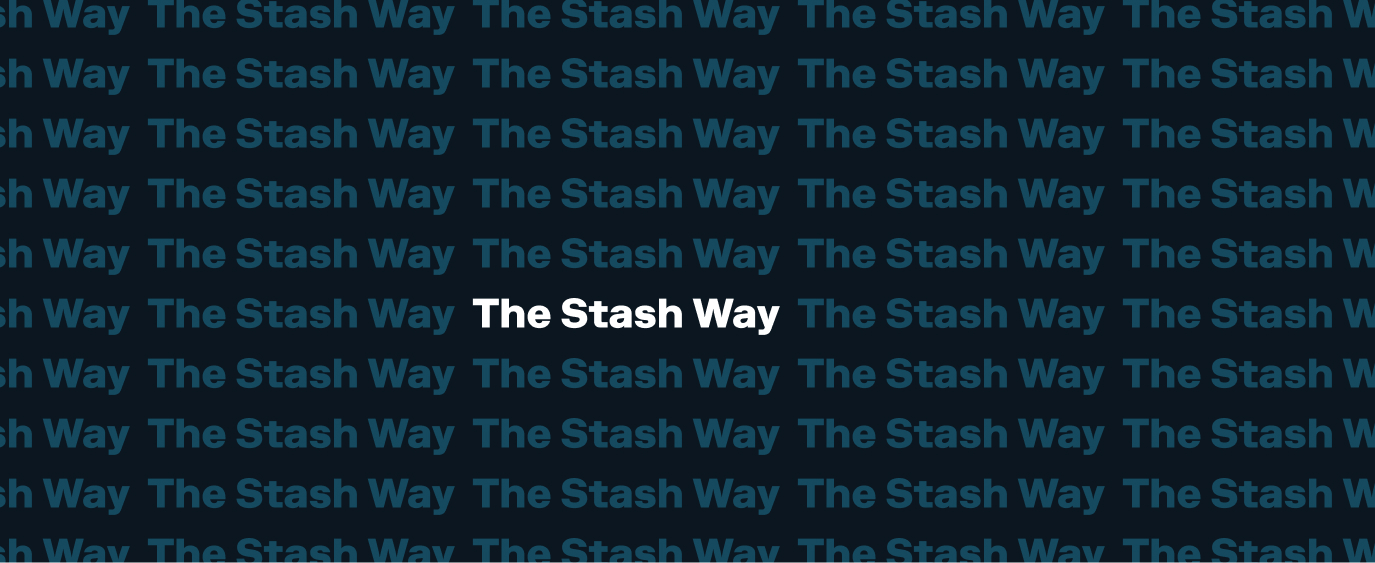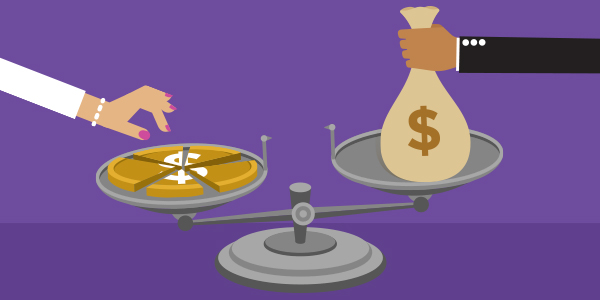Do I have to pay taxes on my Stash Custodial Account investments?
Tax rules for custodial accounts can be complex. Whether there will be taxes owed on a Custodial Account depends on your unique tax situation.
You should consult a tax professional (like an accountant) for answers to specific questions about your specific tax needs.
How Custodial Accounts Are Taxed (according to the IRS)
The IRS states two primary rules to consider regarding how to report the unearned income of a child:
- If a child’s unearned income (such as dividends and interest) exceeds the amount of $2,100, some of that income could be taxed according to the tax rate of the parent and not that of the child. Instructions for form 8615 contain further details on this matter.
- If dividend and interest income are the child’s only income and this income totals under $10,500, the parent of the child may have the option of including that income on their own tax return rather than filing a separate form for the child. Instructions for form 8814 contains further guidance on this issue.
In the event that a parent’s tax rate is higher than that of their child’s, unearned income over $2,100 is subject to the rate of the parent. Unearned income includes dividends, capital gains, royalties, annuity income, fellowship and scholarship grants not reported on Form W-2, income received as the beneficiary of a trust, and other, similar sources of funds.
If a child meets all of the following conditions, form 8615 must be filed:
- The child has unearned income over $2,200.
- The child must file a tax return.
- The child either:
- Was under age 18 at the end of the income reporting year.
- Was age 18 at the end of the income reporting year and did not have an earned income of over half of the child’s support.
- Was a full-time student between ages 19 and 23 at the end of the income reporting year and did not have earned income in excess of half the child’s support.
- At least one of the child’s parents was alive at the end of the income reporting year.
- The child does not file a joint return for the income reporting year.
For a comprehensive list of considerations, definitions, and relevant examples, see IRS Publication 929.
This information is subject to change and should not be considered legal or tax advice.
DISCLOSURES
This information is subject to change and should not be considered legal or tax advice. Stash does not provide legal or tax advice. If you have questions regarding your personal circumstances, you should consult a tax or legal professional.
Related questions View all Custodial
-
Q. T+1 FAQs
To align with the rest of the financial services industry, we are making changes to the timing of when trades will settle that will go into effect on May 28, 2024. This will mean that trades will start settling in one day instead of two.…
-
Q. StashWorks Employee FAQs
Why should I enroll in StashWorks? Stash makes saving money easy, fun and rewarding for millions of customers. On StashWorks, you can automatically put money into a saving solution, instantly access your funds in case of an emergency, and take unlimited advantage of a wealth of financial content and guidance to build confidence and good habits along the way.…
-
Q. StashWorks Contribution Streaks
Looking to take control of your finances? As a StashWorks customer, you can earn up to $55 by setting up payroll contributions into your Stash account. To get started, set up a direct deposit from the employer who sponsors your StashWorks subscription to your Stash banking account,…
Didn’t find your question?
Tell us what you’re looking for, and we’ll search for resources that could help.
Ask your question

